Weddings in Tunisia
- All Categories
 Dar El Marsa Hotel & SpaHotels & Resorts
Dar El Marsa Hotel & SpaHotels & Resorts Four Seasons Hotel TunisHotels & Resorts
Four Seasons Hotel TunisHotels & Resorts La Villa BleueHotels & Resorts
La Villa BleueHotels & Resorts Laico Tunis HotelHotels & Resorts
Laico Tunis HotelHotels & Resorts Mövenpick Hotel Du Lac TunisHotels & Resorts
Mövenpick Hotel Du Lac TunisHotels & Resorts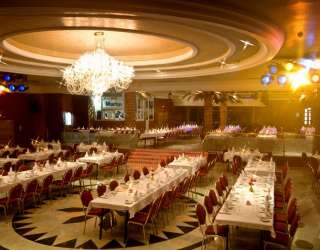 Abou Sofiane HotelHotels & Resorts
Abou Sofiane HotelHotels & Resorts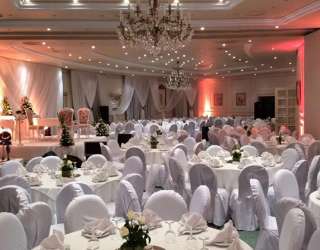 Acropole HotelHotels & Resorts
Acropole HotelHotels & Resorts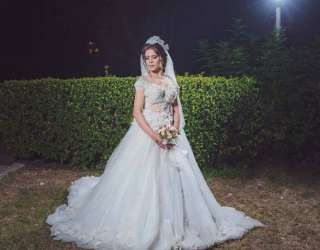 Adel Coin de Beauté Pour les Robes de MariéesWedding Dresses
Adel Coin de Beauté Pour les Robes de MariéesWedding Dresses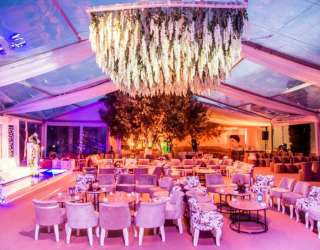 Afrah Planification De MariageWedding Planners
Afrah Planification De MariageWedding Planners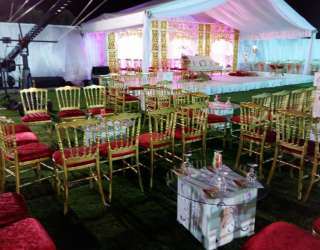 Afrah Sahel - Heni Afrah Planification De MariageWedding Planners
Afrah Sahel - Heni Afrah Planification De MariageWedding Planners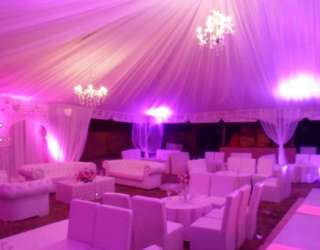 Alhambra Thalasso - Warwick HotelsHotels & Resorts
Alhambra Thalasso - Warwick HotelsHotels & Resorts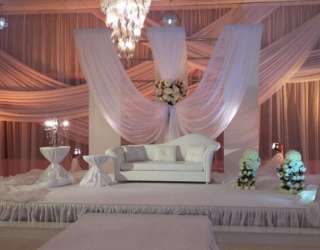 Allians Wedding VenueClubs & Unique Venues
Allians Wedding VenueClubs & Unique Venues AllutA RobeS Pour les Robes de MariéesWedding Dresses
AllutA RobeS Pour les Robes de MariéesWedding Dresses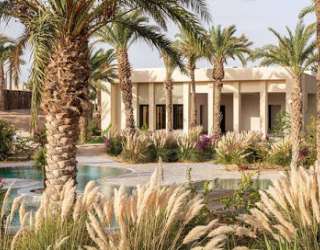 Anantara Tozeur ResortHotels & Resorts 120 (indoor)
Anantara Tozeur ResortHotels & Resorts 120 (indoor) Anis Bouassida PhotographieWedding Photographers
Anis Bouassida PhotographieWedding Photographers Anis et Wissal Pour les Robes de MariéesWedding Dresses
Anis et Wissal Pour les Robes de MariéesWedding Dresses Arous Carthage Pour les Robes de MariéesWedding Dresses
Arous Carthage Pour les Robes de MariéesWedding Dresses
Weddings in Tunisia are vibrant celebrations steeped in rich tradition, but with a modern twist. Imagine a multi-day extravaganza filled with music, dancing, delicious food, and intricate rituals that bind families and communities together. Here's a glimpse into the enchanting world of Tunisian weddings:
A Multi-Day Affair:
Pre-Wedding Festivities: The excitement starts days before the ceremony with el Henna, a lively gathering where women gather to paint intricate henna designs on the bride's hands and feet, symbolizing beauty and good luck.
The Ceremony: The official wedding usually takes place at a mosque or a wedding hall, with a religious ceremony and the signing of the marriage contract.
Feasts and Festivities: The following days are filled with celebrations! Expect lavish dinners with traditional dishes like couscous, lamb tagines, and sweet pastries. Live music, belly dancing, and energetic performances keep the party going until dawn.
Unique Tunisian Wedding Traditions:
Dignity and Joy: While both families contribute, the groom traditionally takes the lead in arranging the wedding, reflecting the importance of honoring and providing for his future wife.
Symbolic Gifts: The bride receives a tcharchaf, a richly decorated headscarf, and gold jewelry, representing her new status and family's support.
Cultural Fusion: Modern couples incorporate their personal touches, adding elements like Western-style wedding dresses or choreographed dances, creating a unique blend of tradition and contemporary flair.
Regional Variations in Weddings in Tunisia:
North vs. South: Northern regions tend towards more elaborate celebrations, while southern weddings are known for their simplicity and focus on close family gatherings.
Local Touches: Each region boasts its own culinary specialties and cultural nuances, adding a layer of local flavor to each wedding.
Planning a Tunisian Wedding:
When you are planning a wedding in Tunisia, immerse yourself in local customs and involve family members in planning. Choose an experienced wedding planners who understand both Tunisian traditions and modern trends, if you prefer to blend traditions with modernity, and as costs can vary depending on the scale, location, and vendors, plan ahead and set realistic expectations.
